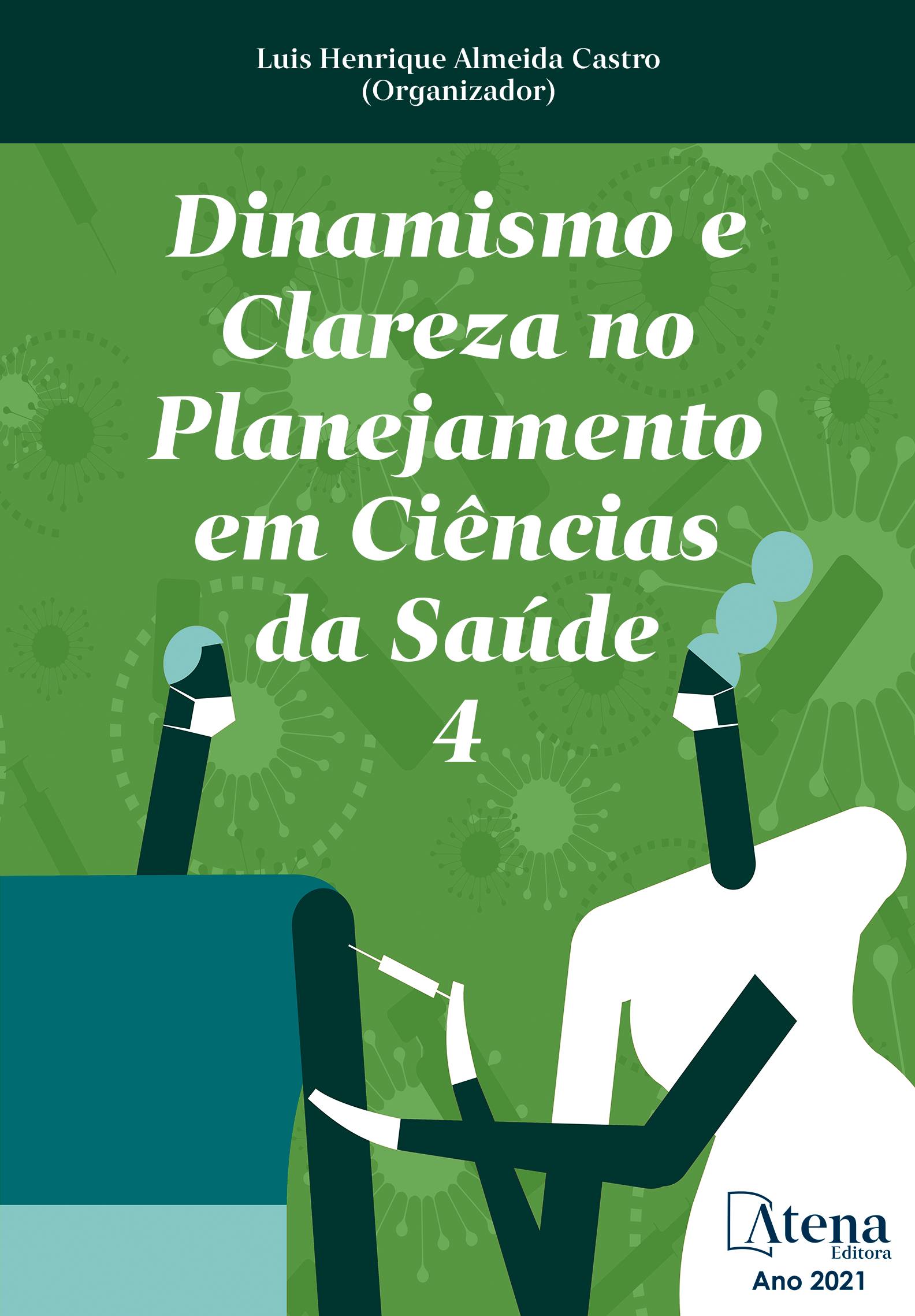
FACILITANDO A APRENDIZAGEM E AS METODOLOGIAS ATIVAS: OS DESAFIOS DA APRENDIZAGEM EM GRUPOS E DA AVALIAÇÃO FORMATIVA
Este é um relato de experiência a partir da elaboração de um trabalho de conclusão de curso do Curso de Especialização em Processos Educacionais em Saúde e trata de vivência como facilitadora do Curso de Vigilância em Saúde (EVS) promovido pelo Instituto de Ensino e Pesquisa/Hospital Sírio Libanês (IEP/HSL) com iniciativa do PROADI-SUS. Esta experiência me motivou olhar o aprendizado em grupo e sua interferência no aprendizado individual. Como a interação entre os indivíduos, motiva continuamente a autonomia e a busca dos saberes, favorecendo a aprendizagem significativa. A diversidade de grupos heterogêneos pode trazer, evidentemente, dificuldades na comunicação e na compreensão do outro. Pode ainda existir no grupo uma tentativa de coesão grupal que pode levar a um movimento contrário ao que se espera que seria de, aproveitar as divergências para aprofundar o conhecimento, conforme é a intencionalidade da formação de grupos diversos e/ou heterogêneos. Entender o movimento do grupo, então, torna-se necessário ao facilitador, para que essa formação faça sentido para cada indivíduo no seu processo de aprendizagem. Na perspectiva dessa aprendizagem para profissionais de saúde isto tem grande relevância no sentido de que os profissionais trabalham em equipes multidisciplinares e estão a todo o momento trocando saberes e práticas, o que é instigado no percurso do Curso EVS. Outro desafio para o facilitador além do trabalho em grupo é a avaliação formativa que tem caráter contínuo e exige do facilitador um olhar mais refinado na percepção das fortalezas e das fragilidades do educando para contribuir na construção de seu plano de melhorias. Avaliar a relação entre teoria e prática, exige um olhar singular de cada aluno diante do seu processo de ensino–aprendizagem nas metodologias ativas. A percepção desta relação permite reconhecer os deslocamentos na aprendizagem e, além disso, as possiblidades de transformação que a metodologia proporciona.
FACILITANDO A APRENDIZAGEM E AS METODOLOGIAS ATIVAS: OS DESAFIOS DA APRENDIZAGEM EM GRUPOS E DA AVALIAÇÃO FORMATIVA
-
DOI: 10.22533/at.ed.35621300314
-
Palavras-chave: Aprendizagem baseada em problemas; Modelos educacionais; Metodologias ativas de ensino-aprendizagem.
-
Keywords: Problem-based learning; Educational models; Active teaching-learnig methodologies.
-
Abstract:
This experience report is part of the course completion work of the Specialization Course in Educational Processes in Health and deals with experience as a facilitator of the Health Surveillance Course (EVS) promoted by the Institute of Teaching and Research / Syrian Lebanese Hospital (IEP / HSL) with the initiative of PROADI-SUS. This experience motivated me to look at group learning and its direct interference in individual learning. As the interaction between individuals, it continuously motivates autonomy and the search for knowledge, favoring meaningful learning. The diversity of heterogeneous groups can, of course, bring difficulties in communication and in understanding the other. There may also exist in the group an attempt at group cohesion that may lead to a movement contrary to what one would expect, to take advantage of the divergences to deepen knowledge, according to the intentionality of the formation of diverse and/or heterogeneous groups. Understanding the group movement, then, becomes necessary for the facilitator, so that this formation makes sense for each individual in their learning process. In the perspective of this learning for health professionals, this has great relevance in the sense that professionals work in multidisciplinary teams and are at all times exchanging knowledge and practices, which is instigated in the course of the EVS Course. Another challenge for the facilitator, besides the group work, is the formative evaluation that has a continuous character and demands from the facilitator a more refined look in the perception of the strengths and weaknesses of the student to contribute in the construction of his/her improvement plan. To evaluate the relationship between theory and practice, requires a singular look of each student in face of their teaching-learning process in the active methodologies. The perception of this relationship allows us to recognize the displacements in learning and, moreover, the possibilities of transformation that the methodology provides.
-
Número de páginas: 6
- Creusa Barbosa dos Santos Trindade
- Ana Paula Oliva Reis
- Ilma Pastana Ferreira
- Sergio Beltrão de Andrade Lima
- Maria de Fátima Bastos da Costa
- ILKA LORENA DE OLIVEIRA FARIAS COSTA


